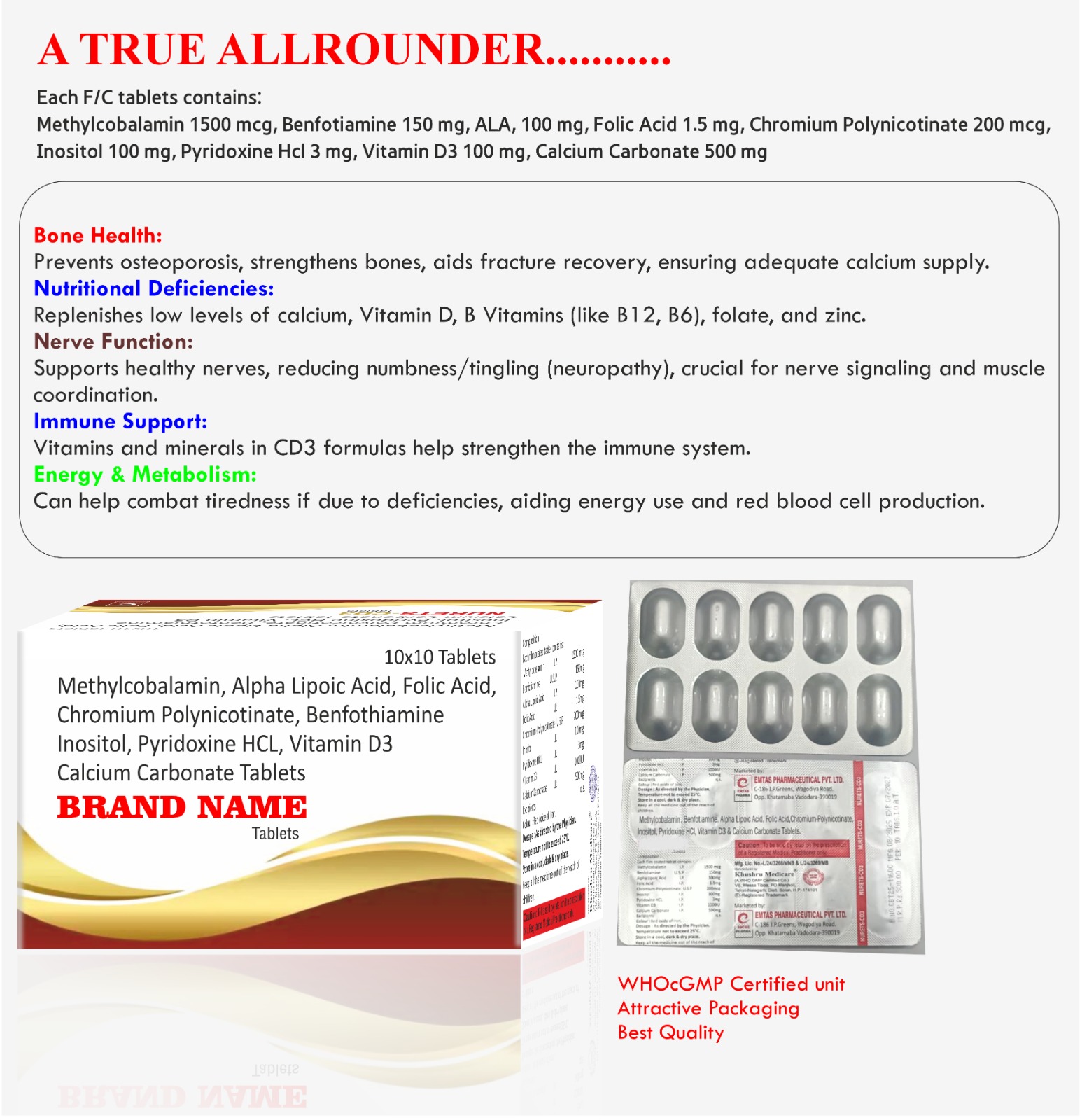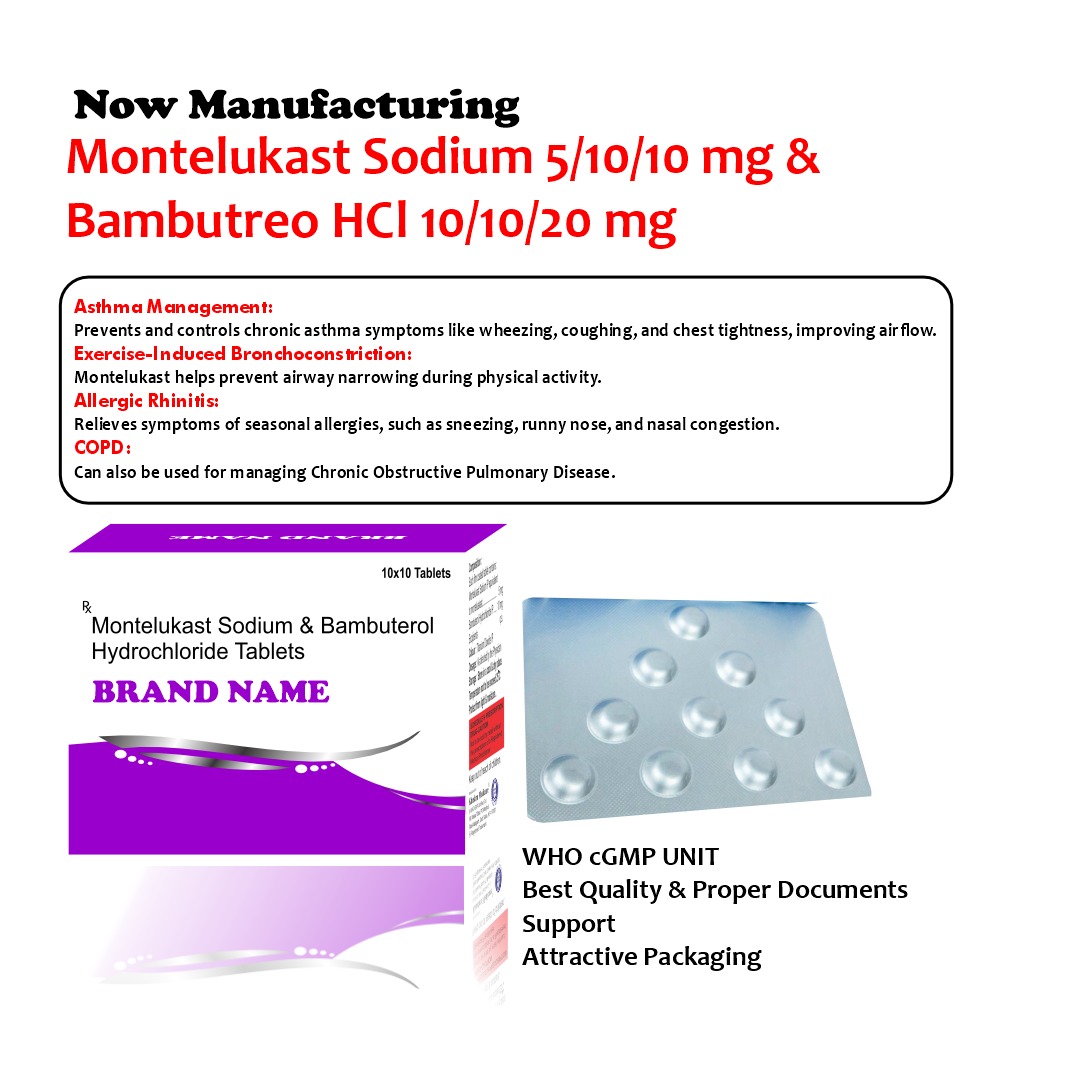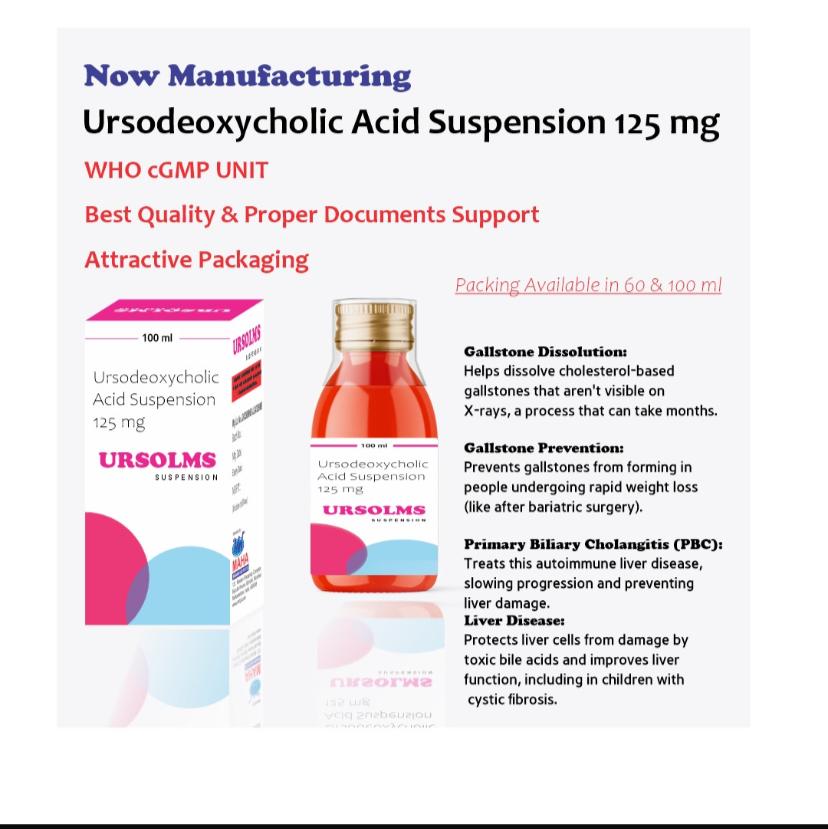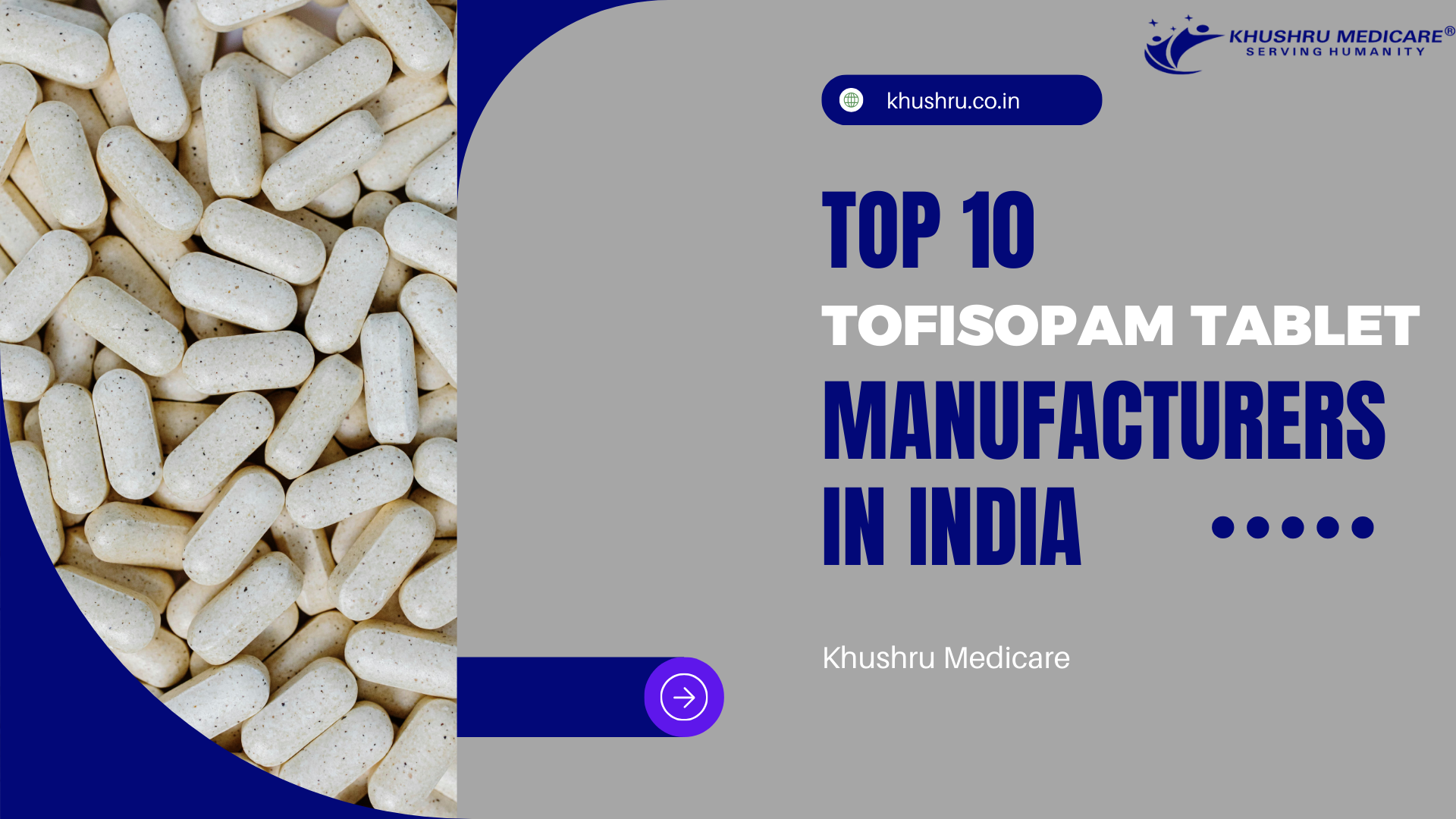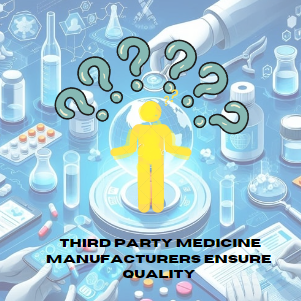
Making sure that medicine satisfies the highest standards of quality and compliance is essential in the dynamic world of pharmaceuticals. This is where makers of third party medicine manufacturers come into play. Let’s examine how these producers maintain quality assurance, assure regulatory compliance, adhere to GMP guidelines, and ensure pharmaceutical safety.
What Are Third Party Medicine Manufacturers?
Let’s define this position before delving into the specifics of how third-party medication makers guarantee quality and compliance.
External businesses hired by pharmaceutical brands to manage the production of their goods are known as third-party medicine makers. These producers offer particular knowledge to the table, which may be quite advantageous for both emerging and well-known companies.
A tiny pharmaceutical company, for instance, could not have the equipment or space necessary to manufacture their new line of vitamins and supplements. Rather, they collaborate with an outside manufacturer who possesses the required tools and knowledge. Through this cooperation, the pharmaceutical business may concentrate on research and development as well as marketing, with the third-party manufacturer handling production.
Importance of GMP Standards in Third Party Medicine Manufacturing
What Are GMP Standards?
Pharmaceutical manufacturing is governed by a system of rules, procedures, and recommendations known as good manufacturing practices, or GMP standards. They guarantee that goods are manufactured reliably and under strict quality control guidelines. Consider GMP guidelines to be the “road rules” governing the production of pharmaceuticals.
GMP standards cover a wide range of practices including:
- – Personnel: Trained personnel in production process management.
– Facilities: Well-kept and spotless facilities.
– Equipment: Well-maintained and calibrated apparatus.
– Documentation: Thorough records of the processes used in quality assurance and production.
How Manufacturers of Third-Party Medicines Adhere to GMP Guidelines
Through stringent procedures, third-party medication makers comply with GMP Guidelines. To guarantee that every batch of medication is prepared to the same high standards, they adhere to defined protocols.
For example, when a third-party manufacturer creates a new drug, they adhere to a thorough SOP (Standard Operating Procedure) at every stage, from sourcing ingredients to packaging. The collaboration between Pfizer and Lonza on the COVID-19 vaccine is one instance from actuality. Both businesses followed stringent GMP guidelines to guarantee the safety and efficacy of the vaccine.
Regulatory Compliance: A Cornerstone of Pharmaceutical Manufacturing
Overview of Regulatory Bodies
Meeting the standards imposed by organizations such as the European Medicines Agency (EMA) and the Food and Drug Administration (FDA) is known as regulatory compliance. These organizations guarantee the high caliber, safety, and efficacy of all medications available for purchase.
For example, the FDA inspects facilities and gives makers of pharmaceuticals rules. Manufacturers of third-party medications are required to follow these standards in order to guarantee that their medicines fulfill all regulatory compliance.
Compliance Strategies for Third Party Manufacturers
To stay compliant, third party manufacturers adopt several strategies:
- – Frequent Audits: Arranged examinations to verify compliance with GMP guidelines.
– Documentation: Keeping thorough records for each batch of medication produced.
– Training: Staff members receive regular training on regulatorycompliance.
Sanofi is a prime example of this in action, as they collaborate with other manufacturers to make their vaccines. Sanofi maintains compliance through stringent documentation guidelines and routine audits.
Quality Assurance Measures: Ensuring High Standards
The Quality Assurance Framework
Ensuring that each product satisfies the necessary quality standards is the goal of quality assurance. This covers every aspect, from locating raw materials to testing the finished product.
Quality assurance involves:
- – Quality Control Tests: Testing samples for potency, purity, and stability.
– Procedures for Validation: Making sure that production lines operate as planned.
For example, Novartis does stringent quality control testing on each batch of medication when collaborating with an outside producer. This guarantees that, prior to being released into the market, the items fulfill their exacting quality criteria.
Continuous Improvement in Quality Assurance
In order to uphold elevated benchmarks, independent producers partake in ongoing enhancement. This implies that they conduct routine process reviews, solicit input, and make any required modifications.
Johnson & Johnson provides an example of constant development. In order to maintain the greatest level of quality for their products, they routinely update their quality assurance procedures in response to input from regulatory compliance and audits.
Ensuring Pharmaceutical Safety: A Critical Responsibility
Risk Management in Third Party Medicine Manufacturing
Pharmaceutical safety is paramount, and risk management is a critical aspect of it. This involves identifying potential risks in the manufacturing process and implementing measures to mitigate them.
Risk management strategies include:
- – Risk assessments: Finding any problems that might have an impact on the quality of the product.
– Preventive Measures: Putting policies in place to stop problems before they start.
For instance, when collaborating with outside manufacturers, GSK employs thorough risk management frameworks. To guarantee the security and effectiveness of their products, they carry out in-depth risk assessments and put preventive measures in place.
Safety Protocols to Ensure Product Safety
Pharmaceutical safety protocols are comprehensive processes created to guarantee that any product is safe for usage by end users. This covers everything, including appropriate storage conditions and contamination controls.
AbbVie is a real-world example; it collaborates with other manufacturers to make its drugs. To guarantee that their products are safe for patients, they follow stringent safety procedures, such as cleanroom procedures and thorough testing.
Adhering to Manufacturing Standards: Maintaining Excellence
Industry Standards for Third Party Medicine Manufacturers
Pharmaceutical items are created in accordance with industry best practices thanks to manufacturing standards. These standards, which include documentation, testing, and production criteria, are in line with international best practices.
Manufacturing standards are set by organizations like the International Conference on Harmonisation (ICH) and involve:
- – Production Processes: Following industry best practices for manufacturing.
– Testing and Documentation: Ensuring thorough testing and detailed record-keeping.
For instance, AstraZeneca partners with third party manufacturers who adhere to ICH standards to produce their medications. This ensures that the products meet international quality and safety standards.
Standard Operating Procedures (SOPs) in Manufacturing
SOPs are detailed documents that outline every step of the manufacturing process. They are essential for maintaining consistency and quality in production.
SOPs cover:
- – Production Procedures: Step-by-step instructions for making products.
– Quality Control: Guidelines for testing and verifying product quality.
An example is Merck, which uses comprehensive SOPs for all aspects of their manufacturing processes. These SOPs help maintain high standards and ensure that products are consistently produced to meet quality requirements.
The Role of Third Party Medicine Manufacturers in Ensuring Quality and Compliance
Third party medicine manufacturers play a crucial role in the pharmaceutical industry by ensuring that all products meet the GMP guidelines, regulatory compliance, quality assurance, and pharmaceutical safety. By adhering to strict standards and continuous improvement practices, these manufacturers help ensure that medications are safe, effective, and of the highest quality.
As we look to the future, the role of third party medicine manufacturers will continue to be vital in maintaining the integrity of the pharmaceutical industry. If you’re considering partnering with a third party manufacturer, rest assured that these experts are dedicated to upholding the highest standards of quality and compliance.

